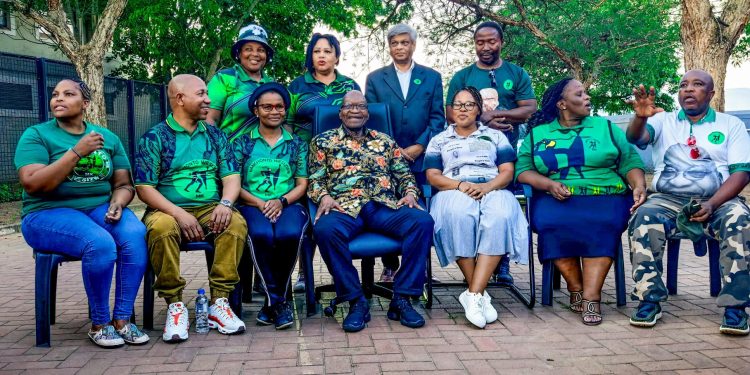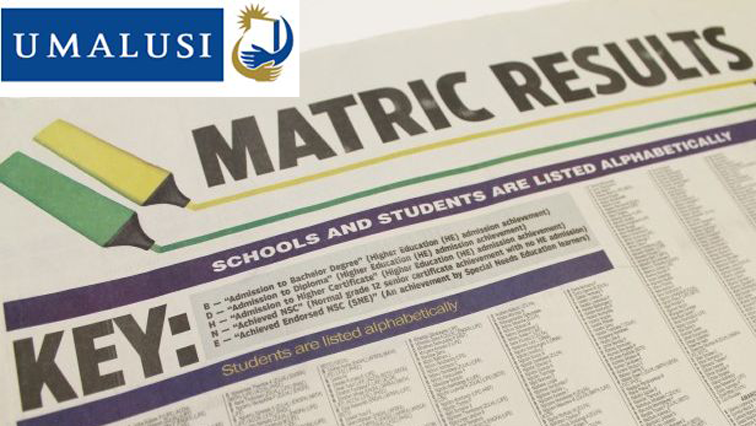The recent visit by members of the KwaZulu-Natal Provincial Legislature to Jacob Zuma’s Nkandla homestead highlights the former president’s enduring political clout, particularly in his home province. As the leader of the newly formed uMkhonto we Sizwe Party (MKP), Zuma appears focused on consolidating his support base in KwaZulu-Natal ahead of the 2024 national elections.
Zuma’s Political Strategy
Zuma has long been a dominant figure in KwaZulu-Natal, a province historically loyal to him even during controversies that marred his presidency. The visit suggests that provincial leaders may see value in aligning with him, particularly as the ANC faces challenges to its dominance. Zuma’s leadership of the MKP signifies his ambition to position the party as a formidable alternative to the ANC, leveraging dissatisfaction with the ruling party in the province and nationally.
Political analyst Lihle Mthembu notes that Nkandla remains a symbol of Zuma’s influence. The meeting demonstrates his ability to rally leaders to his cause, underscoring his significance in shaping KwaZulu-Natal’s political landscape.
Criticism and Concerns
The visit has sparked criticism, particularly from opposition parties like the Democratic Alliance (DA), which questioned the appropriateness of provincial legislators engaging with a figure leading a partisan political agenda. The DA argues that such actions blur the line between governance and party politics, potentially detracting from the legislators’ duties to serve the public.
This concern reflects broader unease about Zuma’s continued influence, given his controversial record and ongoing legal challenges. Critics worry that the visit may signal a deeper politicization of provincial governance.
Implications for the 2024 Elections
With the 2024 elections on the horizon, Zuma’s efforts to solidify the MKP’s presence could alter the political balance in KwaZulu-Natal and beyond. While the MKP is still a nascent political entity, Zuma’s charisma and established network could pose a challenge to the ANC’s traditional dominance in the region.
Zuma’s calls for unity among black-led political parties further indicate his desire to play a pivotal role in reshaping South Africa’s political landscape. Whether this will translate into electoral success for the MKP remains uncertain, but the visit underscores his intent to remain a central figure in national politics.
Conclusion
The Nkandla meeting illustrates the complexities of South Africa’s evolving political dynamics, with Jacob Zuma continuing to be a polarizing yet influential figure. As the elections approach, his ability to galvanize support for the MKP will be closely watched, particularly in KwaZulu-Natal, where his influence remains deeply entrenched. However, the visit also raises questions about the boundaries between governance and party politics, a debate likely to intensify in the coming months.






















